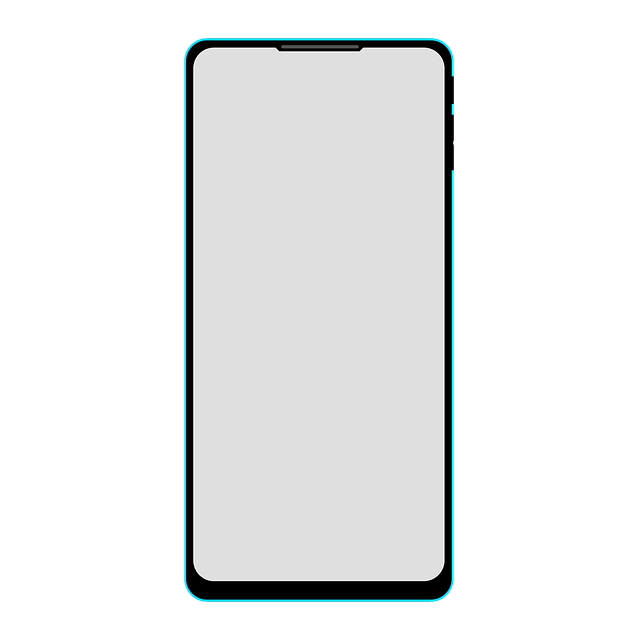The Telephone Consumer Protection Act (TCPA) safeguards West Virginia residents from unwanted spam calls by enforcing strict rules on business communication practices. This federal legislation, especially relevant in Morgantown, allows citizens to combat intrusive automated calls and prerecorded messages through complaints to the FCC and legal action with spam call lawyers. Understanding TCPA regulations empowers residents to protect their privacy while fostering ethical marketing efforts.
In the modern era of digital communication, West Virginia residents, like many across the nation, face a growing challenge from unwanted spam calls. The Telephone Consumer Protection Act (TCPA) stands as a powerful tool to combat this issue, offering protection and safeguards for Morgantown citizens. This article explores how TCPA is making waves against spam calls, shedding light on the rights of West Virginia residents and the crucial role played by Spam Call Lawyers in ensuring compliance and justice.
Understanding TCPA and Its Impact on West Virginia Residents

In the dynamic landscape of consumer protection, the Telephone Consumer Protection Act (TCPA) stands as a robust shield for West Virginia residents against intrusive and unwanted communication practices. This federal legislation was enacted to curb the deluge of spam calls and texts, ensuring that citizens can enjoy their peace and privacy without constant harassment from telemarketers or debt collectors. By establishing strict guidelines on how businesses can contact consumers, TCPA has become a game-changer in mitigating the influx of nuisance calls.
West Virginia residents, like others across the nation, have seen significant benefits from this act. Spam call lawyers in West Virginia play a crucial role in safeguarding these rights by offering legal counsel and representation when residents encounter persistent or abusive communication tactics. Understanding TCPA regulations is essential for both consumers and businesses to foster a harmonious relationship where privacy is respected while legitimate marketing efforts are allowed to thrive.
The Problem of Spam Calls and How TCPA Addresses It

Spam calls have become a significant nuisance and a growing concern for Morgantown residents, with countless unwanted phone calls bombarding their personal devices daily. These spam calls often originate from automated systems, marketing firms, or unscrupulous businesses, seeking to promote products or services. The sheer volume of these calls can be overwhelming, leading to frustration and a sense of privacy invasion. Many residents find themselves on the receiving end of repeated calls, making it difficult to screen or block them effectively.
The Telephone Consumer Protection Act (TCPA) serves as a powerful tool in combating this issue. This federal law was enacted specifically to curb excessive spam calling and protect consumers’ rights. By establishing strict rules for automated phone calls and prerecorded messages, TCPA ensures that businesses must obtain prior consent from individuals before contacting them. This legislation has empowered West Virginia residents to take legal action against spam call lawyers who violate their privacy, providing a much-needed safeguard in the digital age.
Protecting Your Rights: What Morgantown Citizens Should Know

In Morgantown, citizens have a right to live free from unwanted and harassing phone calls, especially those deemed as spam. The Telephone Consumer Protection Act (TCPA) is a federal law designed to protect consumers against certain practices by telemarketers and debt collectors. Understanding your rights under this act is crucial in ensuring that your privacy is respected. If you’ve received unsolicited calls or texts, especially from automated systems, you may have legal recourse.
Spam call lawyers in West Virginia can guide residents on how to file complaints with the Federal Communications Commission (FCC) and pursue legal action if necessary. By staying informed about your rights and reaching out for help when needed, Morgantown citizens can actively protect themselves against invasion of privacy and take part in maintaining a peaceful living environment free from intrusive spam calls.






